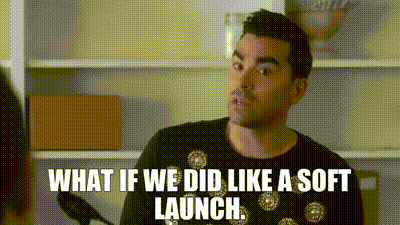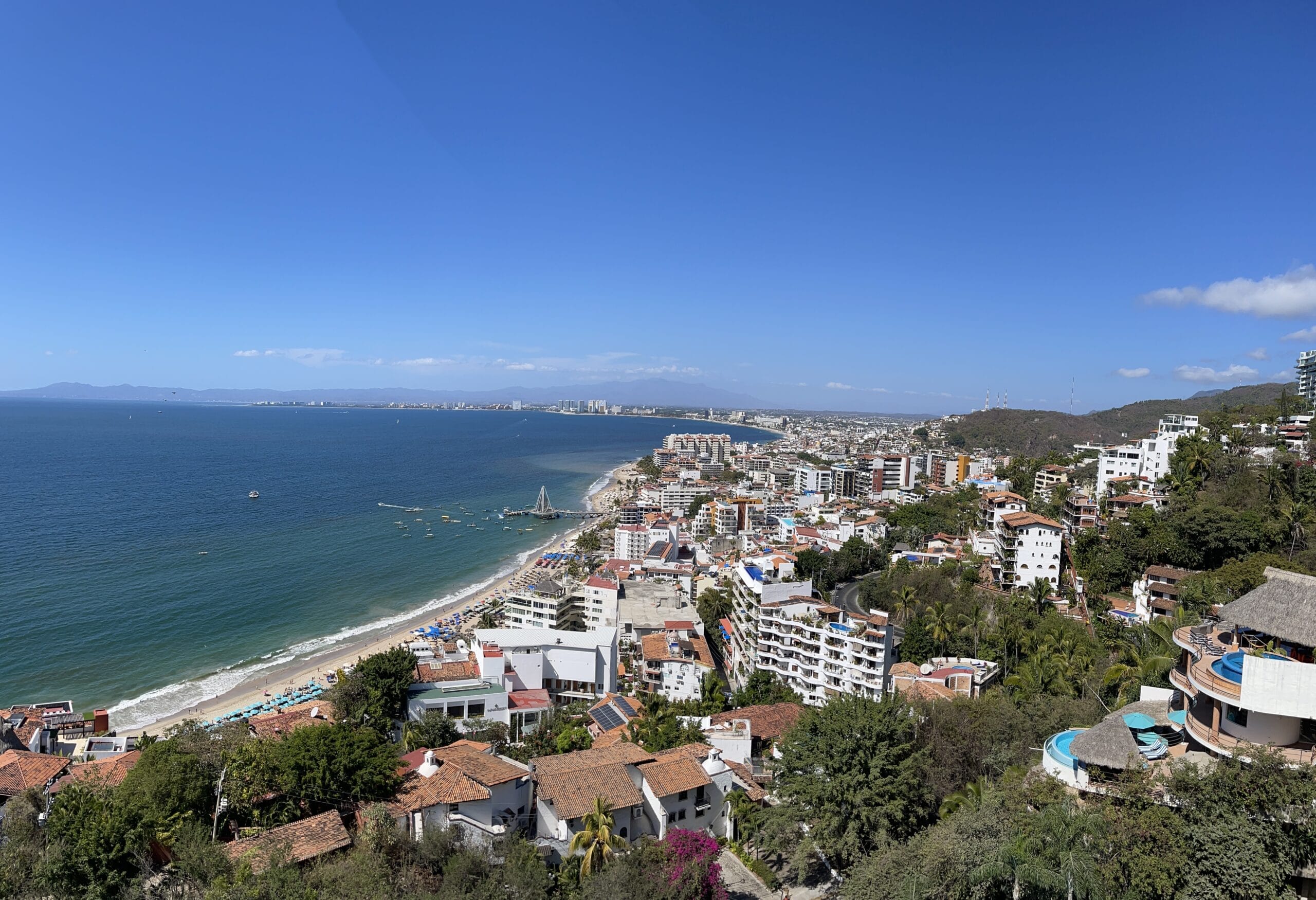As we march toward a world mindset of living with covid, it’s not unexpected that we’ll find ourselves having to relearn many human behaviors. That includes small talk, social functions, travel, restaurants, and more. What I’ve found enlightening during this time is that we’re not only relearning new physical processes but also new emotional responses. The anxiety of traveling outside the bubble of comfort we’ve grown accustomed to over the last few years comes with its own set of unique challenges. Welcome to the unofficial soft launch of the World.

Having recently traveled internationally for a sunny vacation, I found myself struggling to fully let go and disconnect from the office. In a pre-Covid reality, I had zero issues with setting up that out-of-office message, turning on “do not disturb”, and throwing up ✌️ while finding my seat in 20B. But, during my first long-distance adventure since 2019, I found it much more challenging to code-switch from the office to oceanside than in the past. That said, here are a few lessons I’ve learned from my recent travels that some may find useful as we adjust to this new shared reality.
1) Disable push notifications and enable “do not disturb.”
After coming out of the pool for a fresh beverage and sunscreen, I casually tap my phone for a time check and I’m instantly overwhelmed by the number of notifications on my phone. From Gmail to Slack to personal emails and the like, my instant reaction was “OMG! What happened?!?”. I found myself with a sudden burst of anxiety before realizing that 90% of these notifications are just routine messages. More than anything, they’re just a distraction from staying in vacation mode.
Additionally, I discovered that just like Pringles, once you open a notification, you just can’t stop at one. I made the mistake of going through and removing said notifications (yes, I’m one of those who removes every red dot) and I found myself in an addictive pattern that I struggled to break away from. One notification led to another notification, and the next thing you know, 35 minutes of the precious sun have flown by. I understand disabling notifications isn’t always possible or feasible for every profession, and that leads me to…
2) Allow yourself the freedom to check in, but keep it time-boxed.
Give yourself the freedom to check in with what’s happening on the office front, but keep it limited. Maybe it’s a time in the morning or afternoon, but designate a small block of your day to reconnect. The most important piece is to keep yourself accountable for a set amount of time. I found that 30 minutes a day was enough to keep a loose idea of what would be waiting for me when I returned. For some, 60 or 90 minutes may be more appealing and feasible. In either case, it’s important to keep yourself accountable to when that time is up, you close up shop and disconnect.
During my 30-minute check-ins, I found myself creating a personal list of topics I wanted to cover with the team when I returned to the office. This provided a surprising bit of peace of mind. That’s because it prevented me from memorizing tens of mental Post-It notes titled: “Remember to ask about.” Creating a personal check-in list not only gave me peace of mind but, most importantly, gave me the mental freedom and space to…
3) Be present.
My partner and I coordinated, planned, financially invested, approved PTO, and made all other necessary arrangements to make this vacation a reality. For us to not be present both physically and mentally would make all that effort moot. It’s easy to let your thoughts mindlessly wander through project plans, what’s waiting for you when you get back, what’s happening at the office, etc. that you lose sight of the here and now. Your job in that here and now is to focus on the environment and the people around you. Lose yourself to the moment by embracing the present and…
4) Trust your team.
Your team’s got you covered. Understandably, every team makeup is unique but lean into the expertise and skills of your colleagues. Trust that they will continue to forge ahead and press on while you disconnect and respect your time off. Trust that they will not let the health of the project slip. And finally, trust that they will support you when you return. Coming back from extended time off is always daunting, but trust that your teammates have your back and will get you back up to speed in no time.
As we adjust to this new reality, I have faith that it will be much like riding a bike. Sure, the first couple of strides may be a bit rocky, but in time, we’ll find our bearings the more we allow ourselves the space to get back to what we know, including how to truly disconnect.

